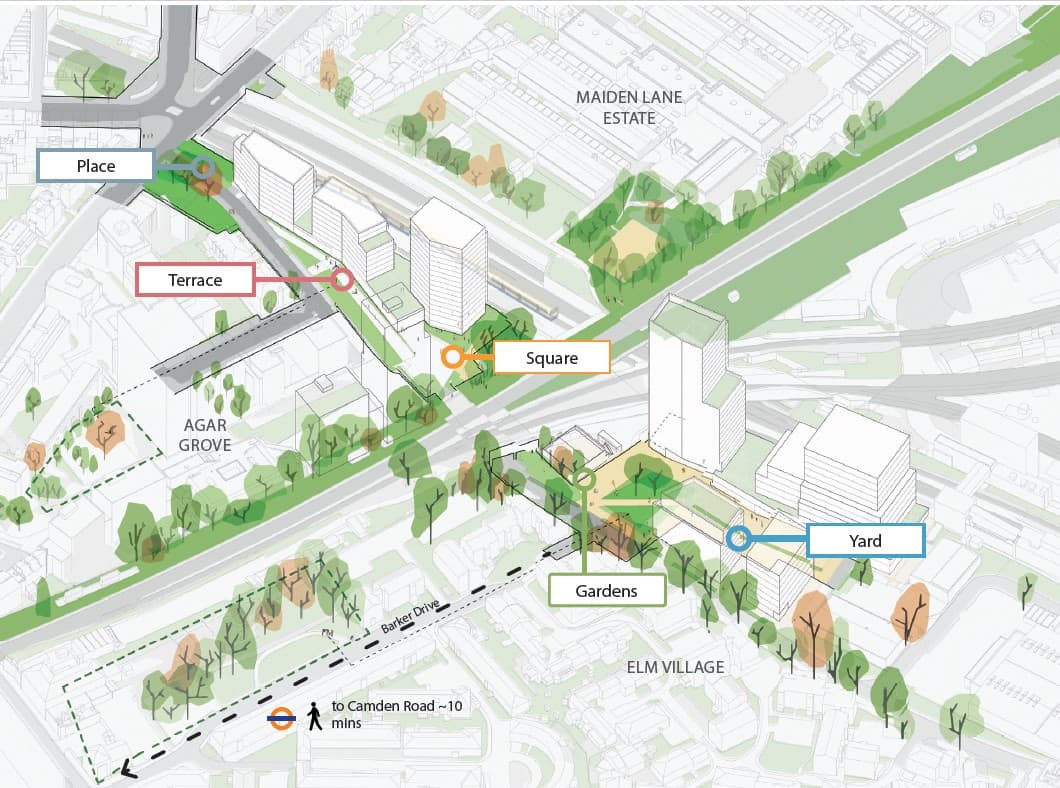Government introduces landmark reforms to deliver fairer Private Rented Sector for tenants and landlords.
Why is the Renters’ Bill being introduced?
The Renters’ (Reform) Bill seeks to deliver the Government’s 2019 manifesto commitment to abolish section 21 ‘no fault’ evictions which will empower renters to challenge poor landlords without fear of losing their homes. The Bill has been released as a House of Commons document. The second reading, during which Members of Parliament will discuss the fundamental principles and themes of the Bill, is scheduled for Thursday, May 18, 2023.
The new Bill additionally seeks to simplify the process of property reclamation for various purposes such as selling, accommodating close family members, or addressing situations where tenants intentionally withhold rent. In cases where tenants have displayed irresponsibility, such as violating the terms of their tenancy agreement or causing property damage, notice periods will be shortened.
The Bill contains the following confirmed provisions:
-
Enhancing Section 8 grounds, especially for dealing with anti-social tenants.
-
Eliminating Section 21 “no-fault evictions” – landlords will only be able to evict a tenant in reasonable circumstances, which will be defined in law.
-
Transitioning to periodic tenancies and eliminating assured short-hold tenancies.
-
Revamping the court process by implementing new digital procedures to reduce delays.
-
Applying the Decent Homes Standard to the private rented sector for the first time.
-
Establishing a new Ombudsman and digital Property Portal.
-
Granting tenants additional legal rights to request pet-friendly rental properties, with the expectation that tenants acquire pet insurance or contribute to the landlord’s pet damage insurance.
-
Bolstering enforcement powers for local councils.
-
Prohibiting landlords and agents from implementing blanket bans on tenants receiving benefits or those with families, ensuring no family is unjustly discriminated against when looking for a place to live.
1. Section 8: Grounds of possessions
The government reforms the grounds of possession under Section 8 so that they are “comprehensive, fair, and efficient, striking a balance between protecting tenants’ security and landlords’ right to manage their property”.
An additional ground will be introduced to accommodate landlords who intend to sell their property or allow landlords and their family members to occupy a rental property.
The notice period for evictions based on existing rent arrears grounds will be extended to four weeks, while the mandatory threshold of at least two months’ arrears at the time of serving notice and hearing will remain unchanged.
A new obligatory provision will be established for instances of repeated significant rental payment defaults, mandating eviction if a tenant has been in arrears of at least two months’ rent on three separate occasions within the past three years, regardless of the outstanding arrears balance at the hearing.
In situations involving criminal or severe antisocial behavior, the notice period for the existing mandatory eviction ground will be reduced.
2. Eliminating Section 21 “no-fault evictions”
The abolition of Section 21 implies that landlords will solely be able to terminate a tenancy under justifiable circumstances that will be clearly outlined in the legislation. The white paper comments it as follows: “Removing Section 21 will level the playing field between landlord and tenant, empowering tenants to challenge poor practice and unjustified rent increases, as well as incentivising landlords to engage and resolve issues.”
3. Transitioning to periodic tenancies and eliminating assured short-hold tenancies.
Under the proposed changes, all tenants who would have been granted an Assured Tenancy or Assured Shorthold Tenancy in the past will be transitioned to a unified system of periodic tenancies. When wishing to leave accommodation, tenants will have to provide two months’ notice, to “ensure landlords can recoup the costs of finding a tenant and avoid lengthy void periods”.
4. Revamping the court process by implementing new digital procedures to reduce delays.
The government, in partnership with the Ministry of Justice (MOJ) and HM Courts and Tribunals Service (HMCTS), will also introduce a package of “wide-ranging court reforms that will target the areas that particularly frustrate and hold up possession proceedings”. These will include insufficient guidance on court and tribunal procedures, county court bailiff capacity, reliance on paper-based processes and insufficient prioritization of cases.
5. Applying the Decent Homes Standard – Minimum Housing Standards.
The landlords are obligated to maintain homes in satisfactory condition to provide renters with clean, suitable and functional amenities. The homes must be free from significant health and safety hazards. Furthermore, the government intended to broaden the scope of Rent Repayment Orders to include compensation for substandard homes, as outlined in its white paper. According to the white paper, implementing a legal obligation for private landlords to meet the Decent Homes Standard will elevate standards and ensure that all landlords effectively manage their properties, instead of relying on renter complaints or enforcement actions by local councils.
6. Establishing a new Ombudsman and digital Property Portal.
An exclusive government-endorsed ombudsman will be established to oversee all private landlords renting out properties in England, regardless of their utilisation of a letting agent. Ombudsman’s membership will be obligatory. The comments from the white paper as follows: “Making membership of an ombudsman scheme mandatory for landlords who use managing agents will mitigate the situation where a good agent is trying to remedy a complaint but is reliant on a landlord who is refusing to engage”.
The ombudsman will possess authority to rectify situations in favor of tenants, which may include compelling landlords to issue apologies, provide information, take necessary corrective measures, and/or provide compensation of up to £25,000. Additionally, the government aims to grant the ombudsman the power to require landlords to reimburse tenants for rent if the provided service or property standard fails to meet expectations.
7. Granting tenants additional legal rights to request pet-friendly rental properties
Tenants will be given the legal right to request a pet in their home, which the landlord must consider and cannot unreasonably refuse. Landlords will be able to require pet insurance to cover any damage to their property.
8. Bolstering enforcement powers for local councils.
Strengthen councils’ enforcement powers and introduce a new requirement for councils to report on enforcement activity – to help target criminal landlords.
9. Prohibiting landlords and agents from implementing blanket bans on tenants receiving benefits or those with families.
Landlords or letting agents implementing across-the-board prohibitions on renting to families with children or individuals receiving benefits (“No DSS”) will be rendered illegal. According to the white paper, although the majority of landlords offer professional services to their tenants, there is evidence suggesting that certain landlords and agents actively discourage or impede individuals receiving benefits or families with children from securing rental properties. Furthermore, the government will assess the necessity for measures to aid other vulnerable groups, including individuals transitioning from prisons, who may encounter difficulties in accessing private rented sector accommodation.
Read More


